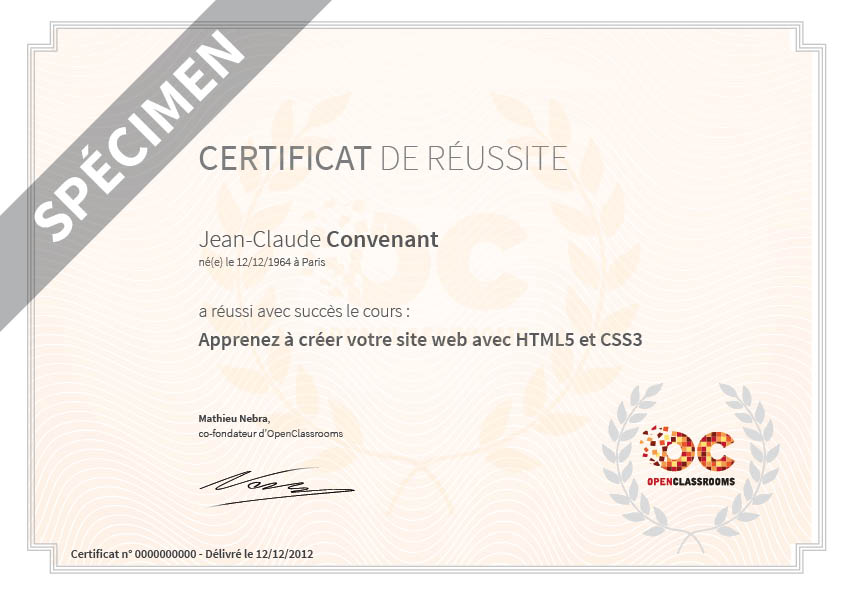Making decisions, managing emotions, communication, and organization have one thing in common: they are skills, and you have the power to develop and nurture them. They are called soft skills and are very much in demand.
This chapter explores your skill set in a little more detail, starting with a self-assessment: where are you with your soft skills?
Assess Your Skills
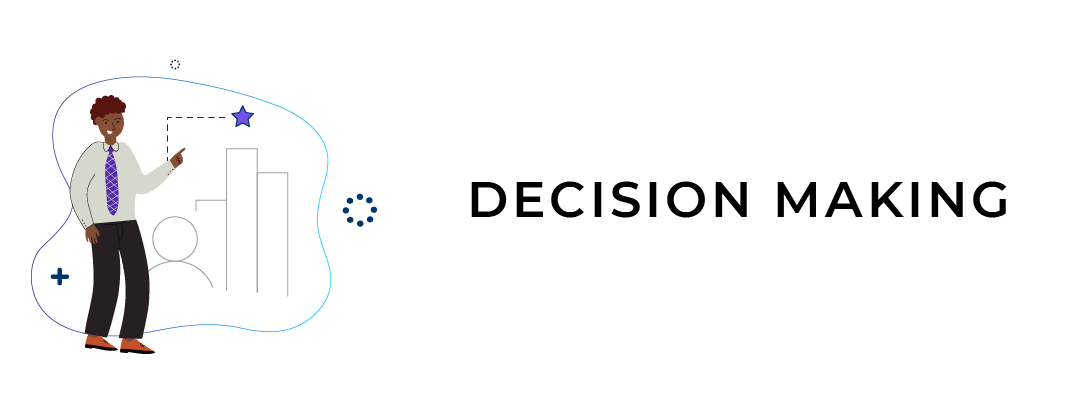
You want to change jobs, and after two interviews for two different companies, both of them call you back to offer you a position. Faced with this important decision:
It's generally a formality; you don't think too long and are ready to make your choice.
You take a relatively long time to think about it.
Most of the time, you ask for help or advice.
You have great difficulty deciding, sometimes to the point of missing an opportunity.
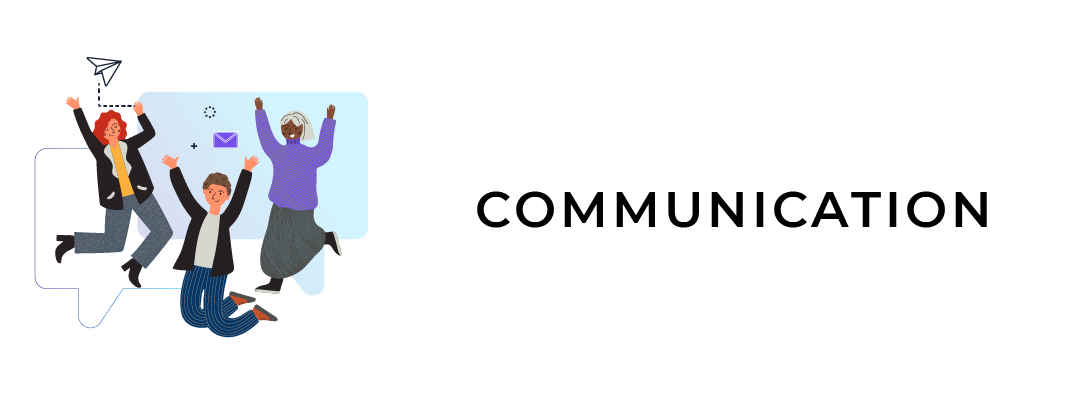
Speaking, whether in an interview or presentation, is:
A real pleasure – no need for preparation, you like to improvise.
A challenge that you're ready to take on but that requires some preparation.
Quite complicated – you've always been a little shy when speaking.
Truly paralyzing - you might not sleep the night before the event.
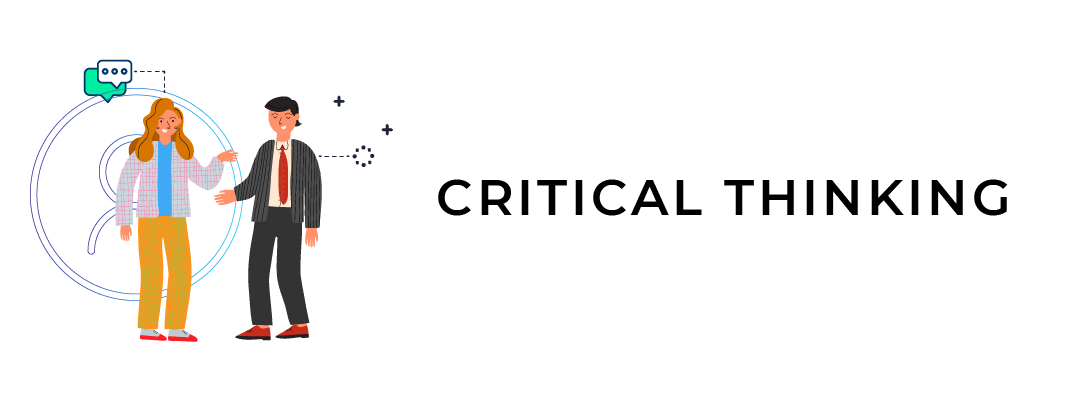
Your colleagues are debating a current issue and disagree. When it's your turn to offer your opinion:
You learn about the topics using verified sources.
You try to present your point of view in a way that won't offend anyone.
You say as little as possible. The less one knows about your opinions, the better off you are.
You agree with the person who appears the most knowledgeable.
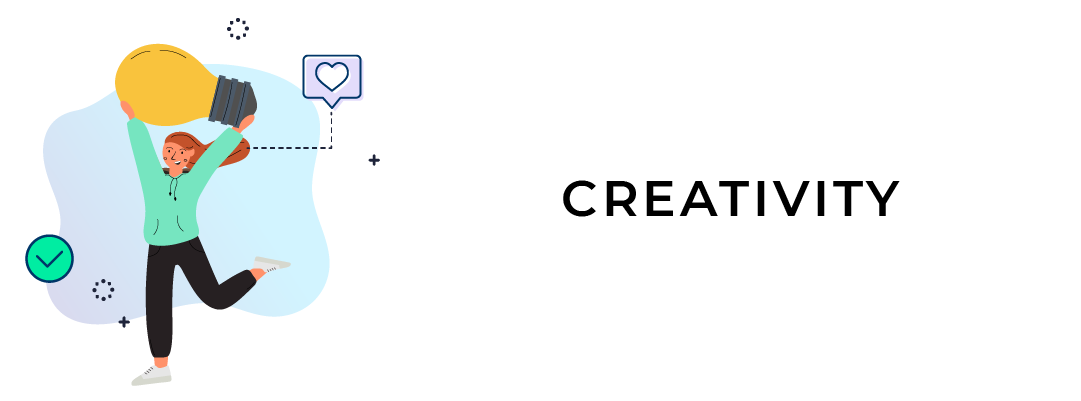
Creativity is:
A skill that can be nurtured daily and applied to a large number of professions.
A skill only used in certain occupations.
Artistic talent.
A collection of ideas that already exists.
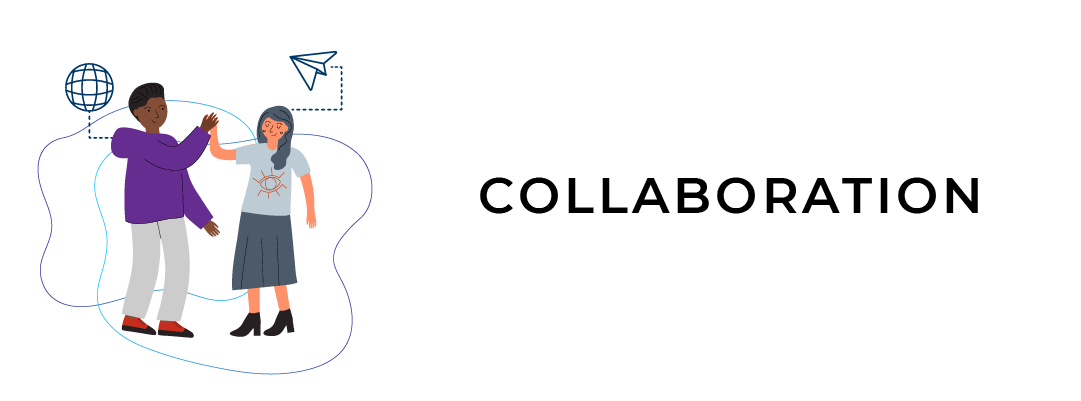
When someone (or a group) offers to collaborate with you:
It's not a problem – you love discussing and co-creating projects with others. You'll go ahead without asking too many questions.
You tend to ask about who you'll be working with. You try to avoid surprises.
The very idea of collaborating tends to stress you out, and you hesitate.
You try to avoid collaboration.
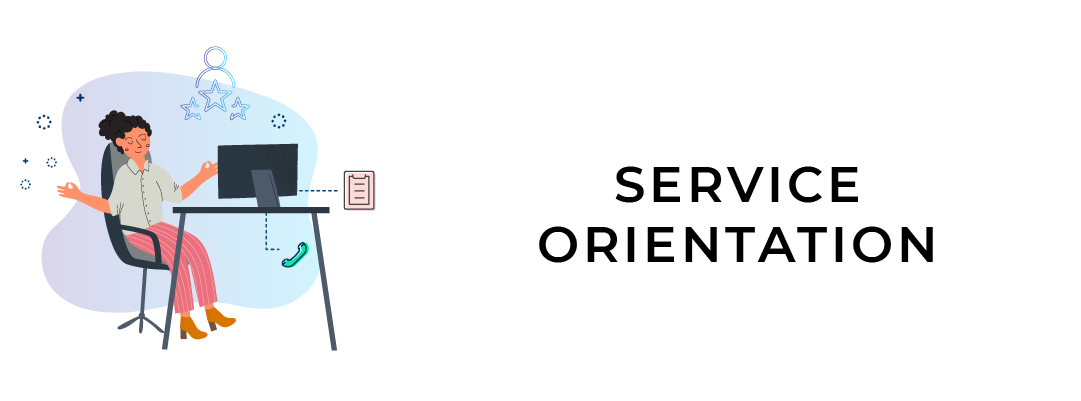
A new colleague joins your team. What's your reaction?
You go directly to them and let them know how the team works and your role.
You let them find their place and offer help and advice.
You greet them and wait for them to come and ask you questions.
You don't allow the disruption and go ahead with your work.
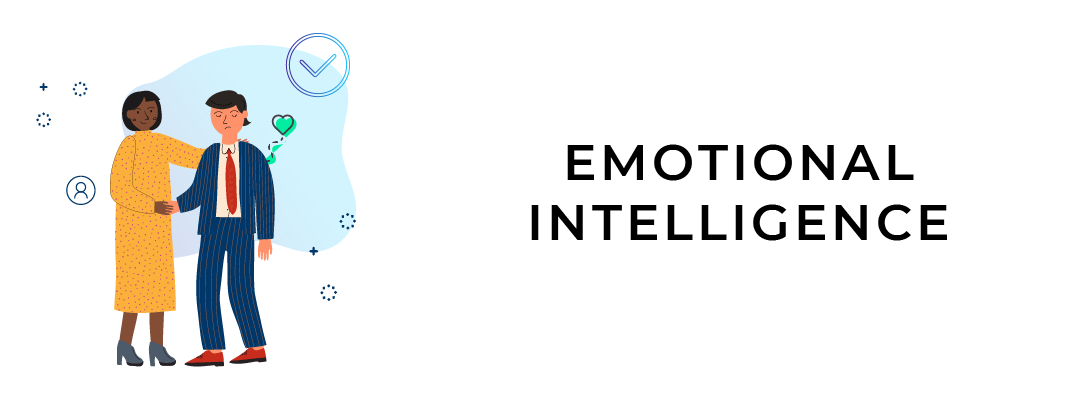
When faced with a situation that makes you angry or scares you, you tend to:
Let the emotion control you.
Take a little time to breathe and get some perspective on the situation so you can manage your feelings.
Try to ignore your emotions.
Are pessimistic, resenting others for a while.
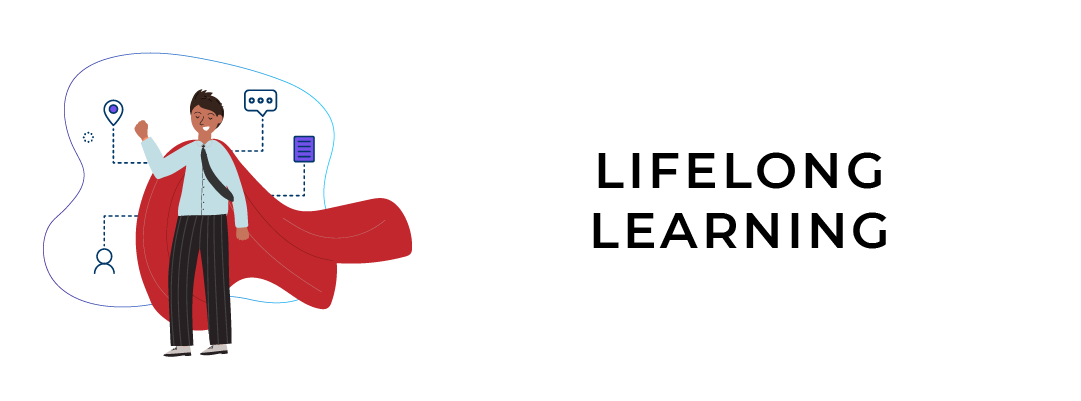
You think it's possible to learn:
From every life situation that you go through, whether you fail, succeed, or face obstacles.
Primarily when you're young, at school, with teachers.
Much better when you're alone.
By interacting with others.
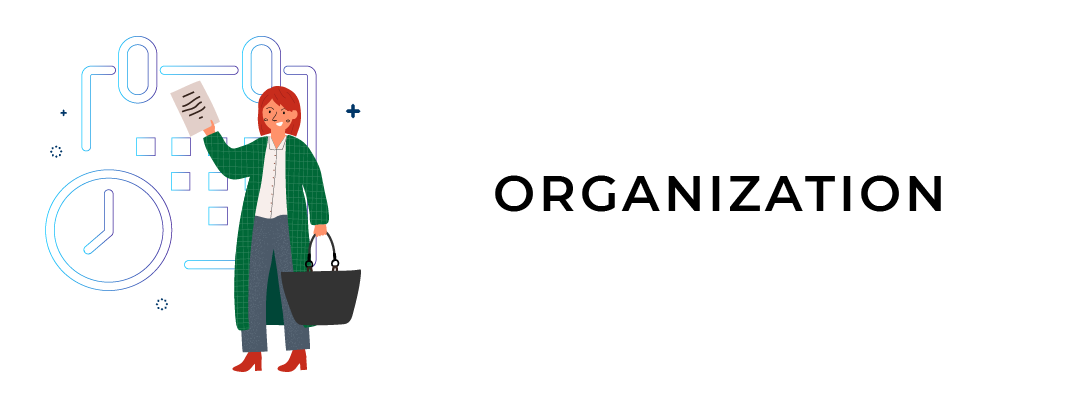
In terms of organization, you tend to:
Be very well organized.
Have difficulty prioritizing.
Want to do several things at the same time.
Quickly panic.
Have you finished?
By taking stock of your behaviors and reactions, you have started the learning process of developing your soft skills. OpenClassrooms courses can help you improve your decision-making, communication, critical thinking, creativity, collaboration, service orientation, emotional intelligence, lifelong learning, and organization skills.
Now think about your previous answers:
Which scenario appeared the most difficult for you?
Which situations made you feel most comfortable?
By asking yourself these questions, you are identifying the behaviors and habits that you can change. And soon, you'll know how to transform them into skills.
Define Soft Skills
What are soft skills?
Soft skills are personal and interpersonal behaviors. You may not have learned them in school, but you use them every day. For example, they include adaptability, communication, decision-making, creativity, or even managing your emotions.
Why is it essential to develop these skills?
Soft skills make it easier to efficiently cope with personal and professional challenges and improve relationships with others. They make you more independent, and at the same time, help develop your inner strength and curiosity about situations and your reactions to them.
The good news is that they are accessible to anyone who wants to put in the effort to develop them.
Let's Recap!
In this chapter, you have:
Assessed your soft skills and noted how you react in certain situations.
Defined what soft skills are: behavioral skills that are essential to facing personal and professional challenges.
Over the rest of this course, you'll discover that each professional or personal difficulty is an opportunity to develop your soft skills, especially in a changing work environment. What are these changes? You'll find out in the next chapter!
